
Key Takeaways
- Diamondback Bikes is a well-established brand known for its diverse line of bicycles.
- Regent, L.P., a private equity firm, has owned Diamondback since 2019.
- The evolution of Diamondback under various owners reflects its financial adaptability.
You've probably seen Diamondback bikes on city streets, mountain trails, or whizzing by in a local park. But who exactly owns Diamondback bikes?
Diamondback Bikes is currently owned by Regent, L.P., a private equity firm based in California. Their strategic leadership aims to propel the company to new heights of success and innovation in the cycling industry.
Over the years, I’ve closely followed Diamondback's journey through various ownership periods, from its origins as a BMX brand to its forays into mountain and road bikes. My in-depth understanding of the industry's historical context enables me to provide accurate and insightful information. As such, I’m committed to delivering a well-researched and comprehensive guide that answers the question of ownership and sheds light on the brand's evolution.
Who Owns Diamondback Bikes
Have you ever wondered while pedaling away on your bike who's behind the scenes of your trusted two-wheeled steed? Specifically, who owns Diamondback Bikes, the brand that's been a part of the biking community since the late 70s?
It's a tale that's entwined with the evolution of the biking industry and includes a cast of various companies that have shaped its journey.
Diamondback Bikes is owned by Regent, L.P.—a private equity firm that's all about investing in promising brands and steering them toward even greater success.
In the saddle since 2019 when they took the reins from Accell Group, Regent, L.P. is now the driving force behind the Diamondback we know today.
When you think of Diamondback Bicycles, your mind might immediately jump to the thrill of BMX racing or the rugged trails tackled by top-notch mountain bikes.
Well, there's quite a story behind this brand, which began its journey in 1977.
In 1977, the thrilling journey of Diamondback commenced with its inception as a BMX brand under the umbrella of Western State Imports, situated in the heart of California.
The brand's early years were marked by a passionate commitment to the world of BMX cycling, setting the stage for its eventual growth and evolution.
Then, in 1999, Diamondback experienced a monumental transformation as it was acquired by the prestigious Derby Cycle Corporation, a company already under the ownership of the influential Accell Group.
This transition signaled a major shift in the brand's trajectory, propelling it into new realms of opportunity and expansion.
As the late 1990s transitioned into the early 2000s, Diamondback embarked on a noteworthy journey of consolidation and collaboration by merging with another iconic name in the cycling industry, Raleigh.
This union was far from ordinary; it represented a significant unification within the cycling world, combining the strengths and legacies of two renowned brands.
Fast-forwarding to more recent history, in 2019, Diamondback found itself under the ownership and guidance of Regent, L.P.
This change in custodianship marked the latest chapter in the enduring legacy of Diamondback, promising continued growth, innovation, and a commitment to delivering exceptional cycling experiences for enthusiasts around the world.
The brand's rich history and forward-looking spirit continue to shape its identity in the ever-evolving landscape of cycling.
Now, let’s explore the growth and innovations of Diamondback bikes.
Growth into Mountain and Road Bikes
Diamondback's journey into the world of mountain and road bikes reflects their adventurous spirit and commitment to expanding their horizons.
By the 1980s, the brand had embraced the challenge of producing mountain bikes, a pivot that marked a significant departure from their BMX roots.
This strategic move allowed Diamondback to cater to the growing community of off-road cycling enthusiasts, establishing itself as a formidable player in the mountain biking industry.
Not content with just conquering the trails, Diamondback also made a seamless entrance into the road bike scene.
This transition showcased their versatility and determination to provide quality and innovation to a broader and more diverse audience of cyclists. It solidified their position as a brand capable of thriving in multiple cycling disciplines.
Innovations in Bicycle Design
Diamondback's commitment to pushing the boundaries of bicycle design has been a defining aspect of their journey.
They have successfully ventured into the production of full suspension and hardtail mountain bikes. This addresses the distinct needs and preferences of riders tackling a wide range of terrains and challenges.
Their ability to cater to such diverse requirements demonstrates their dedication to delivering exceptional riding experiences.
Furthermore, Diamondback's relentless pursuit of excellence is exemplified through its pioneering suspension technologies. These innovations have positioned Diamondback at the forefront of the industry, constantly redefining the capabilities of a bicycle.
Financial Performance of Diamondback Bikes Under Different Owners
Have you ever zipped through the streets or tackled a rugged trail and felt that rush of exhilaration? Chances are, if you're a cycling enthusiast, you've come across Diamondback Bikes.
They're known for their performance hybrids and high-quality construction that's become a staple in the cycling industry.
But here's something you might not have pondered: How do the different owners affect the financial muscle of Diamondback Bikes?
Here's a snapshot of how the revenue and market dynamics have shifted gears under different ownership:
Remember, these are not just numbers and corporate moves; they represent the ambition and innovation driving every pedal stroke of a Diamondback bike.
Frequently Asked Questions
Let's dive in and tackle those FAQs that got your pedals spinning.
Can Diamondback bikes take a beating on the trails or roads? How's their reputation for durability?
Diamondback has built a reputation for crafting sturdy bikes. Initially a BMX brand, they quickly carved out a niche as a go-to for reliable machines that can withstand the rigors of off-road adventures and the demands of tarmac treks.
What varieties of bikes does Diamondback offer, from road to mountains and beyond?
They have a dynamic range of bicycles, from the high-octane challenges of mountain biking to the sleek efficiency needed for road cycling. They offer models for semi-pro cyclists and everyday enthusiasts.
How can consumers stay updated on ownership changes and brand developments?
For the latest on Diamondback, check their official channels and press releases. Industry forums and trusted cycling news websites are also gold mines for such information.















































































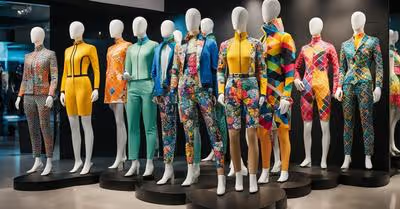




























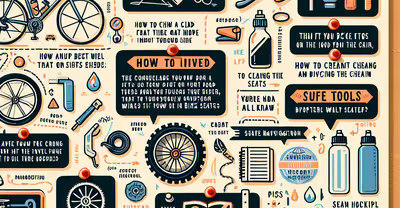


























































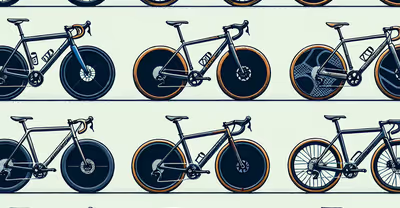

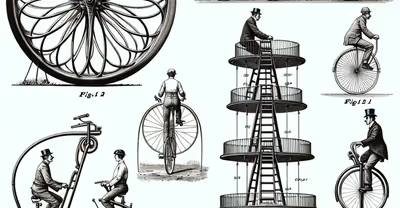










































































































































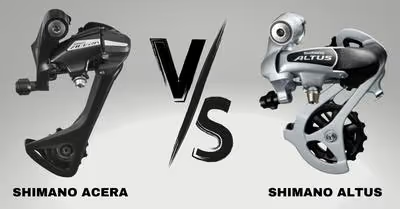
















































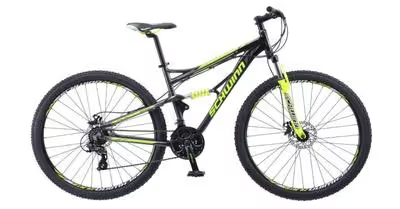




























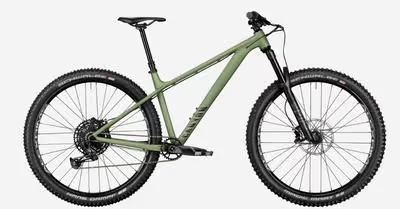











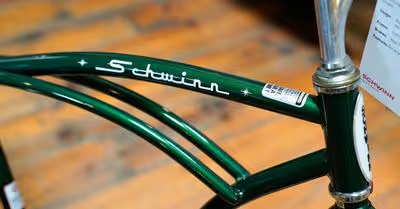









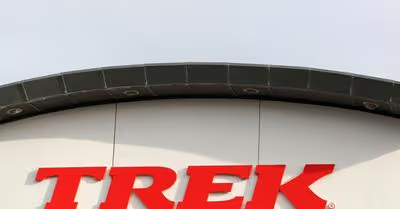
























































































































































































































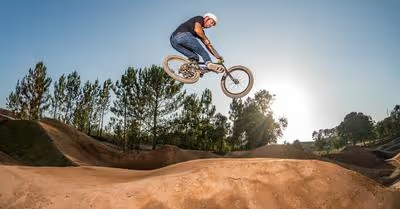











































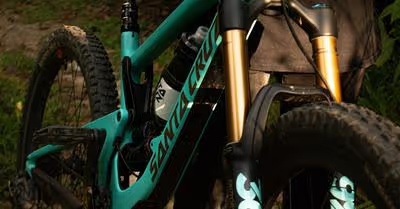


















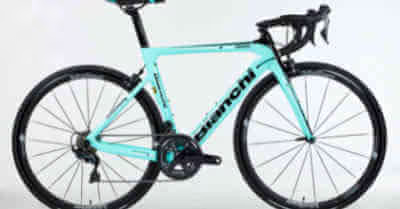


































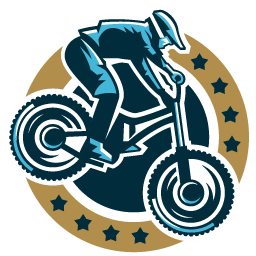
.avif)
